Picture this: you’re scrolling through social media on a typical Nairobi evening, and yet another friend shares a post about feeling overwhelmed, anxious, or just “not themselves.” It’s a scene playing out across Kenya and around the world. Depression affects over 1.8 million Kenyans, yet many suffer in silence due to stigma and limited access to mental health resources.
But what if I told you that something as simple as the foods on your plate could play a role in protecting your mental health? Recent groundbreaking research suggests that certain minerals, particularly potassium, may help reduce depression risk. And the best part? Kenya is blessed with an abundance of potassium-rich foods that are both affordable and delicious.
Let’s dive into how filling your plate with the right nutrients could be a natural step toward better mental well-being.
Depression in Kenya: A Growing Challenge
Mental health challenges are no longer whispered about in hushed tones. The numbers tell a sobering story: depression affects approximately 4.4% of Kenyans, with rates climbing particularly among young people and urban populations. The COVID-19 pandemic only intensified these struggles, leaving many grappling with isolation, economic stress, and uncertainty.
While therapy and medication remain crucial treatments, they’re not always accessible to everyone. Long waiting lists at public hospitals, high costs of private care, and persistent stigma mean that many Kenyans are searching for additional ways to support their mental health.
This is where lifestyle approaches, particularly nutrition, come into play. What we eat doesn’t just fuel our bodies; it also nourishes our brains and influences our mood in ways we’re only beginning to understand.
What Groundbreaking Research Revealed
A fascinating large-scale study examining over 20,000 people in Korea and the United States uncovered something remarkable about the relationship between dietary minerals and depression. Researchers tracked participants’ mineral intake and mental health outcomes, discovering patterns that could reshape how we think about nutrition and mood.
The star of the show? Potassium. Across both Korean and American populations, people who consumed more potassium showed significantly lower rates of depression. This wasn’t just a small difference; the protective effect was consistent and meaningful.
Other minerals told more complex stories. Iron, zinc, and phosphorus showed benefits, but these varied between populations, suggesting that cultural diets and genetic factors play important roles. However, potassium’s protective effect remained steady across different groups, making it a particularly interesting target for supporting mental health.
Of course, researchers are careful to note that this shows correlation, not direct causation. But the consistency of the findings, combined with what we know about potassium’s role in brain function, makes a compelling case for paying attention to this mighty mineral.
Why Potassium Is Your Brain’s Best Friend
Think of potassium as your brain’s personal assistant, working tirelessly behind the scenes to keep everything running smoothly. This essential mineral plays a crucial role in nerve signaling, helping brain cells communicate effectively. When potassium levels are optimal, your brain can better regulate mood, manage stress responses, and maintain emotional balance.
Research has shown that potassium helps stabilize blood pressure and supports healthy circulation, ensuring your brain receives the steady blood flow it needs to function at its best. Some studies have even found that people with higher urinary potassium levels (indicating good potassium intake) report better stress resilience and more stable moods.
The connection makes biological sense: when your brain’s electrical systems are well-supported by adequate potassium, it’s better equipped to handle life’s ups and downs without tipping into prolonged periods of low mood or anxiety.
Kenya’s Potassium Treasure Trove
Here’s the exciting news: Kenya is practically a potassium paradise. Walk through any local market from Gikomba to Maasai Market, and you’ll find an incredible variety of affordable, potassium-rich foods that have been nourishing Kenyan families for generations.
Fruits that pack a punch: Bananas are the obvious superstar, but don’t overlook oranges, passion fruits, and avocados. A single medium banana provides about 400mg of potassium, while an avocado delivers nearly 1,000mg. Even better, these fruits are available year-round and affordable for most families.
Leafy green goldmines: Sukuma wiki (collard greens) isn’t just delicious; it’s loaded with potassium. The same goes for spinach and traditional vegetables like managu (African nightshade) and kunde. These greens are often the most budget-friendly items in the vegetable section, making mental health nutrition accessible to everyone.
Protein-packed options: Beans, green grams, and lentils are pantry staples that double as excellent potassium sources. A cup of cooked kidney beans provides over 600mg of potassium, plus protein and fiber that support overall health.
Root vegetables with benefits: Sweet potatoes and arrowroots aren’t just filling carbohydrates; they’re potassium powerhouses. A medium sweet potato contains more potassium than a banana, making it an excellent base for mental health-supporting meals.
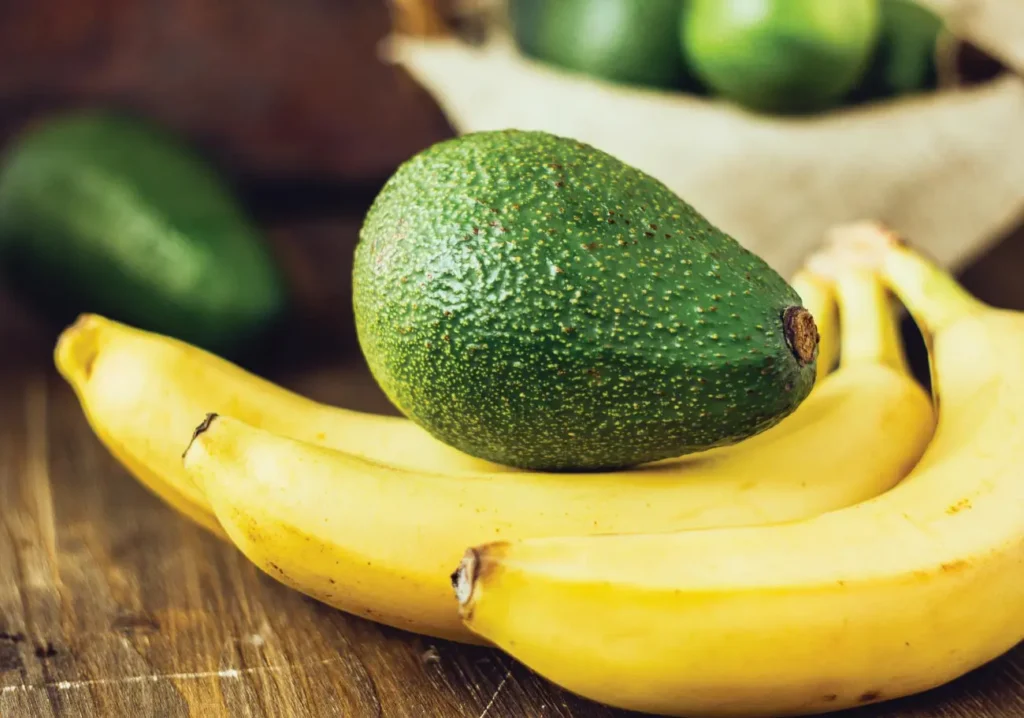
Creating Your Potassium-Rich Kenyan Plate
Let’s get practical. What does a day of potassium-rich eating look like for a typical Kenyan family?
Breakfast: Start with a banana and passion fruit smoothie, or enjoy arrow roots with avocado slices. If you prefer traditional porridge, add sliced bananas on top.
Lunch: Picture a plate with ugali, sukuma wiki sautéed with onions and tomatoes, and beef stew with carrots. Add some steamed managu on the side, and you’ve created a meal that’s not only satisfying but loaded with mood-supporting minerals.
Dinner: Consider githeri (maize and beans) with extra vegetables, or sweet potato with fish and steamed spinach. Even a simple meal of rice, beans, and sukuma wiki provides substantial potassium along with complete nutrition.
Snacks: Keep it simple with oranges, groundnuts, or roasted maize. These traditional snacks are naturally rich in potassium and much healthier than processed alternatives.
The beauty of this approach is its flexibility. Whether you’re a university student in Eldoret living on a tight budget, a busy professional in Mombasa, or a family in rural Kenya, you can adapt these principles to your circumstances and preferences.
Beyond the Plate: A Holistic Approach
While potassium-rich foods are a fantastic foundation, mental health requires a comprehensive approach. Regular exercise, whether it’s walking around your neighborhood, playing football with friends, or dancing to your favorite Bongo or Gengetone tracks, supports both physical and mental well-being.
Quality sleep, staying hydrated (Kenya’s climate makes this especially important), and maintaining strong social connections all work together with good nutrition to support mental health. Think of potassium as one important piece of a larger wellness puzzle.
Community support remains particularly vital in Kenyan culture. Sharing meals with family and friends, participating in community activities, and maintaining spiritual practices all contribute to mental resilience in ways that complement good nutrition.
An Important Reality Check
Let’s be clear about something crucial: increasing your potassium intake is not a cure for depression. If you’re experiencing persistent feelings of sadness, hopelessness, anxiety, or thoughts of self-harm, please reach out for professional help immediately.
Kenya has several resources available:
- Chiromo Hospital Group offers mental health services with locations in Nairobi
- Befrienders Kenya provides confidential support through trained volunteers
- The Kenya Association for the Mentally Handicapped (KAMH) offers various mental health programs
- Emergency hotlines: Call 1190 for immediate crisis support
Think of potassium-rich eating as a supportive lifestyle choice that works alongside professional treatment, not as a replacement for it.
Your Next Steps Toward Better Mental Health
The path to better mental health doesn’t have to be complicated or expensive. Sometimes it starts with something as simple as adding an extra serving of sukuma wiki to your evening meal or choosing a banana instead of a processed snack.
Kenya’s rich agricultural heritage has blessed us with incredible variety in potassium-rich foods. From the highlands where potatoes and beans grow abundantly, to the coastal regions with their tropical fruits, to the arid areas where drought-resistant vegetables thrive, every corner of our country offers opportunities to nourish both body and mind.
Start small. Maybe this week, challenge yourself to include one potassium-rich food in every meal. Notice how you feel. Pay attention to your energy levels and mood. While individual results will vary, many people report feeling more stable and resilient when they consistently nourish their bodies with mineral-rich foods.
Remember, taking care of your mental health is not selfish; it’s essential. When you feel better, you’re more present for your family, more productive at work, and more able to contribute positively to your community.
So next time you’re at the market, take a moment to appreciate the incredible variety of mental health-supporting foods available to you. Choose the ripest bananas, the greenest sukuma wiki, and the most colorful fruits. Your brain will thank you, and your overall well-being may just flourish in ways you never expected.
Ready to start your potassium-rich journey? Share this article with friends and family to spread awareness about how simple food choices can support mental well-being. Together, we can build a Kenya where mental health is prioritized, stigma is reduced, and everyone has access to the knowledge they need to thrive.
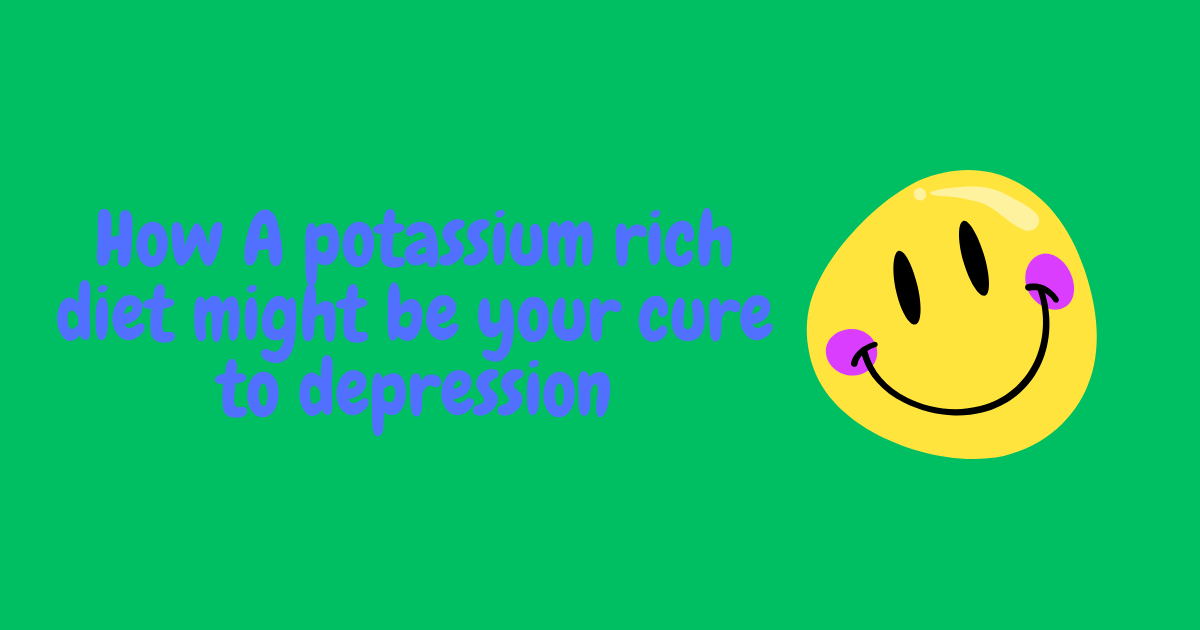

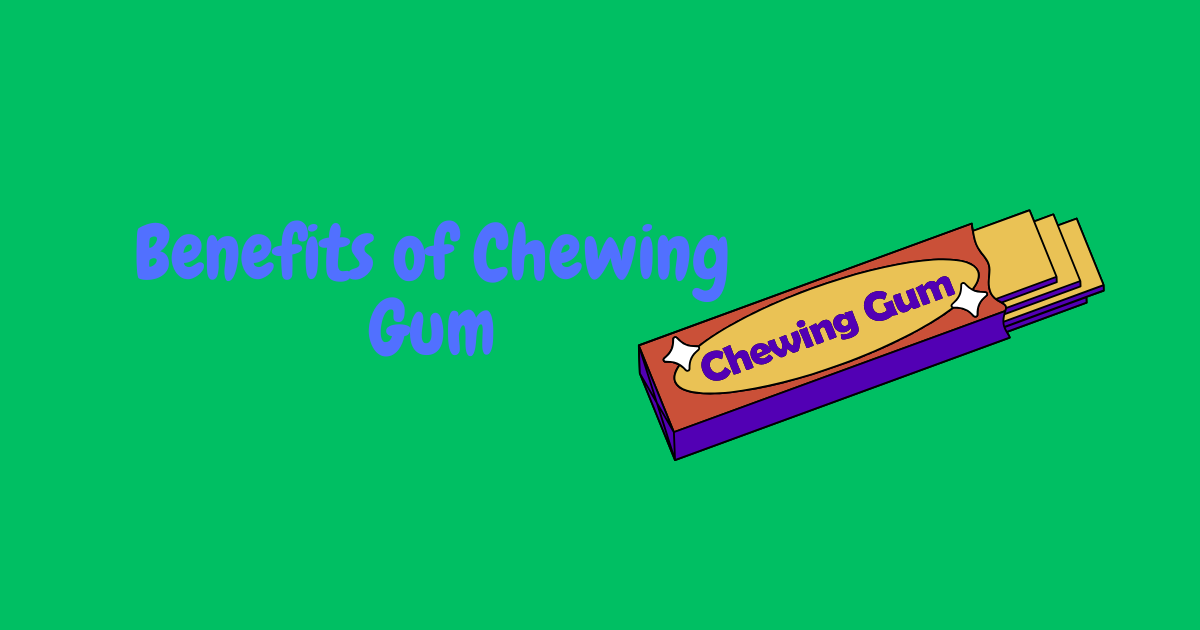

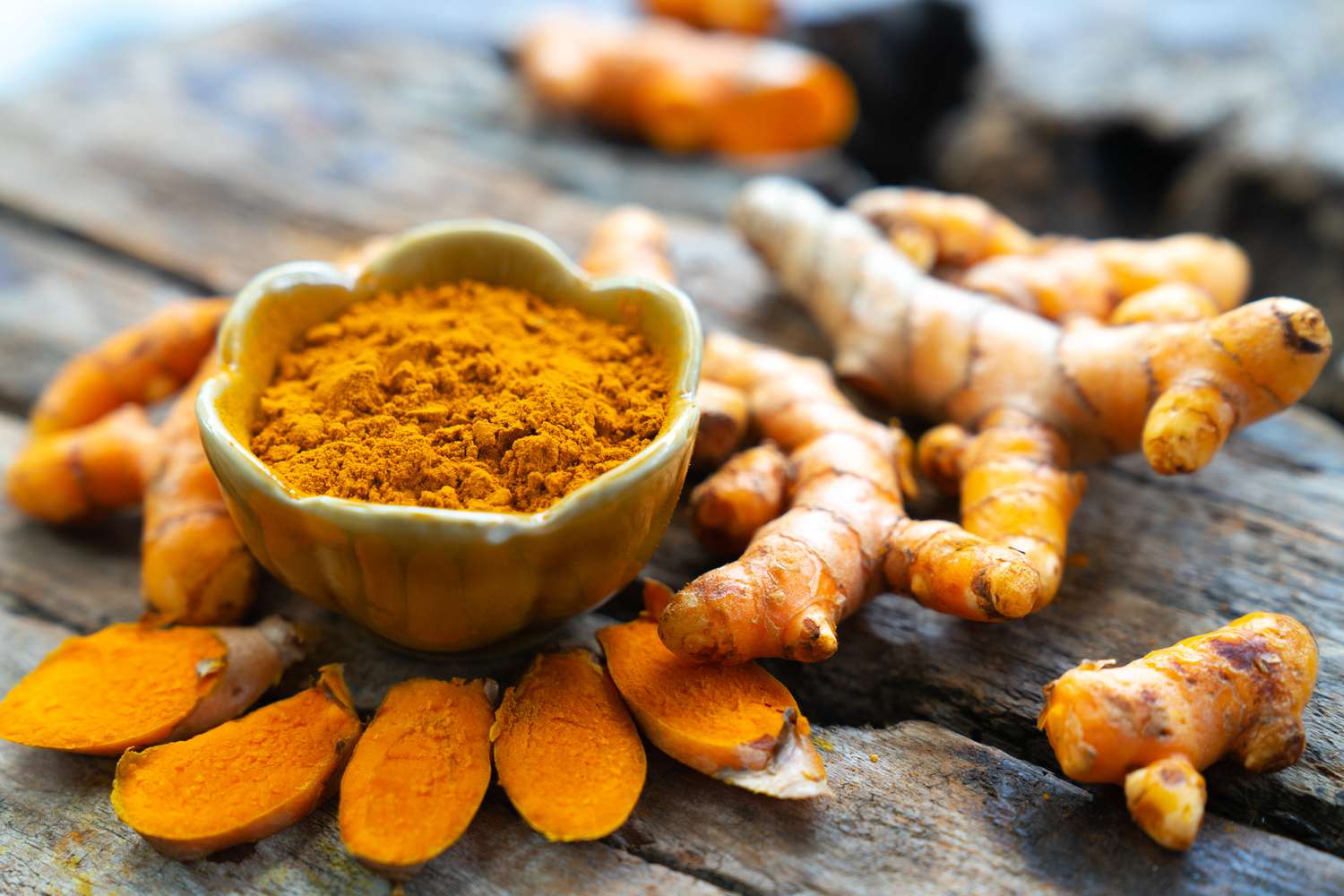
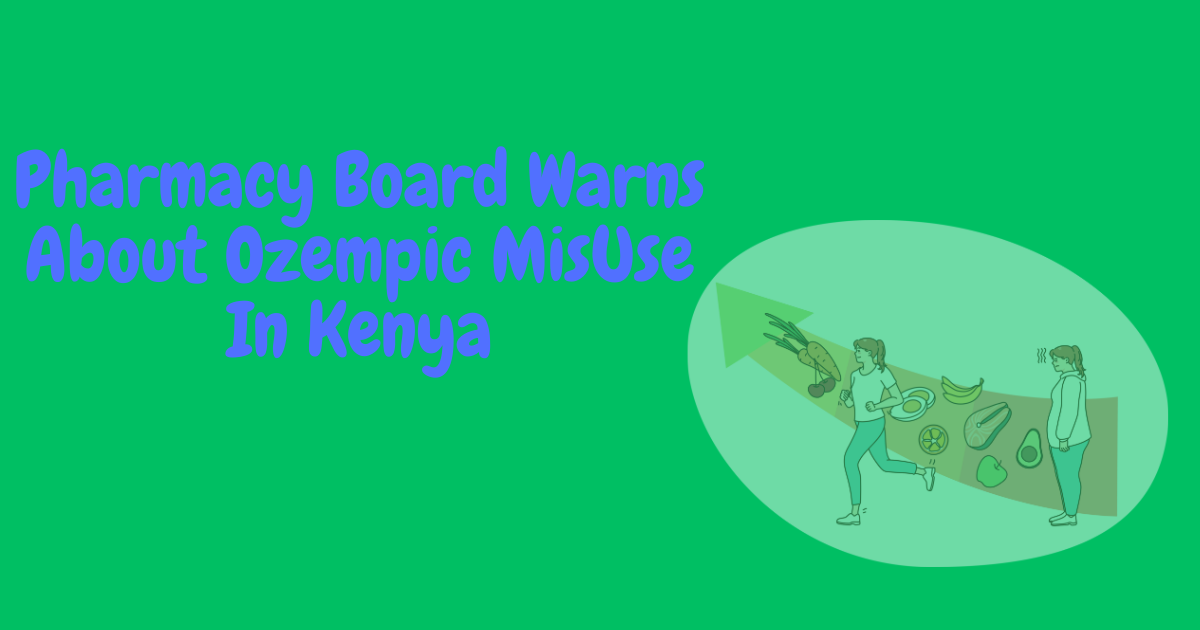
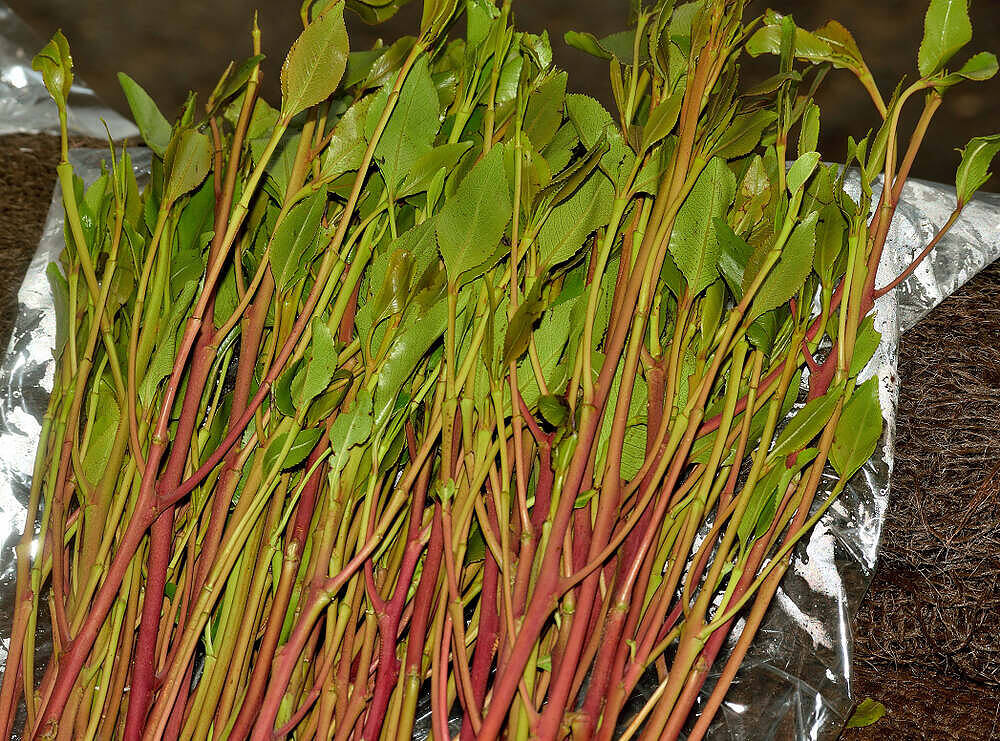

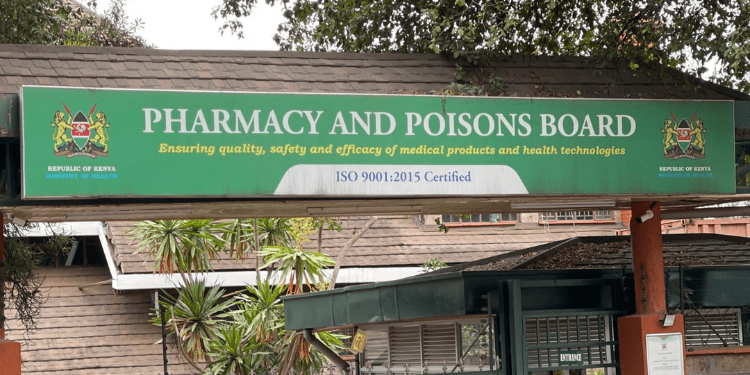
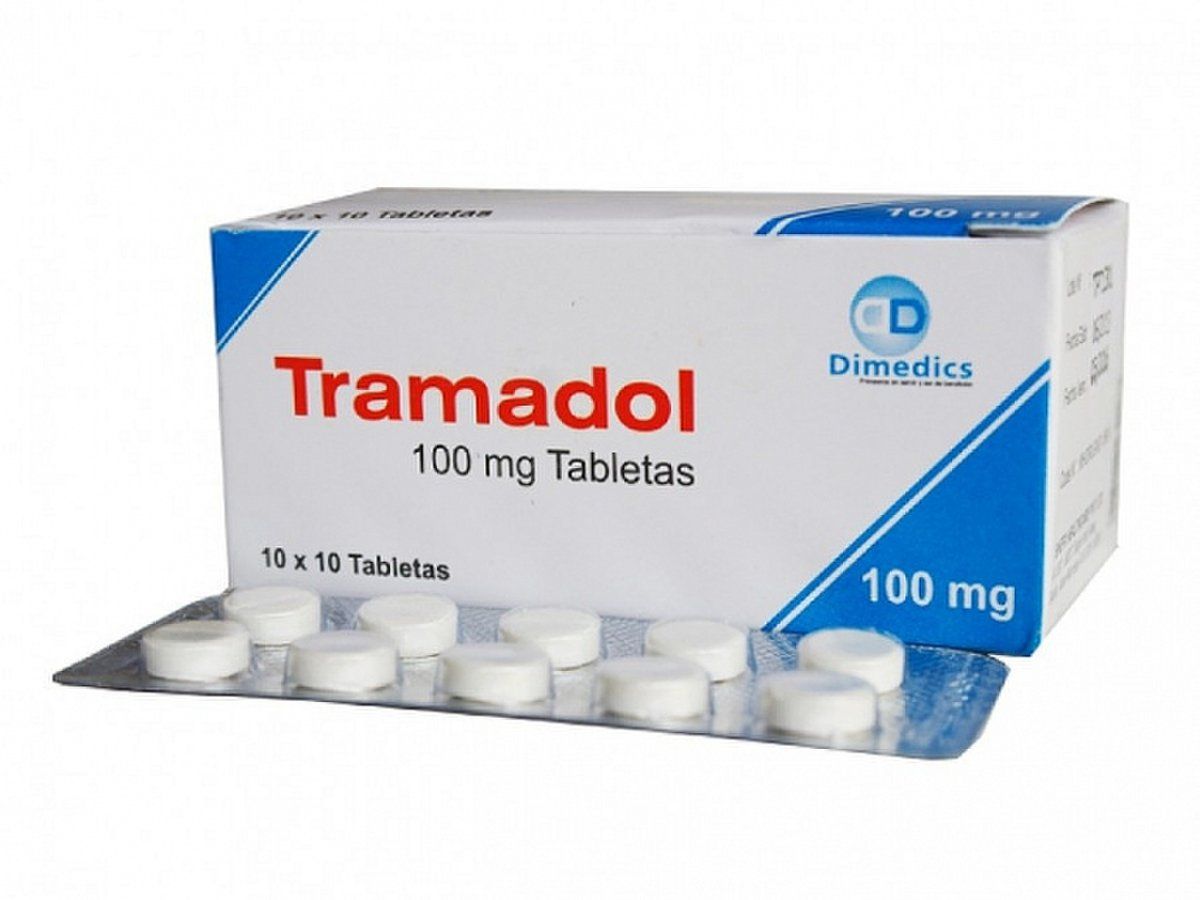

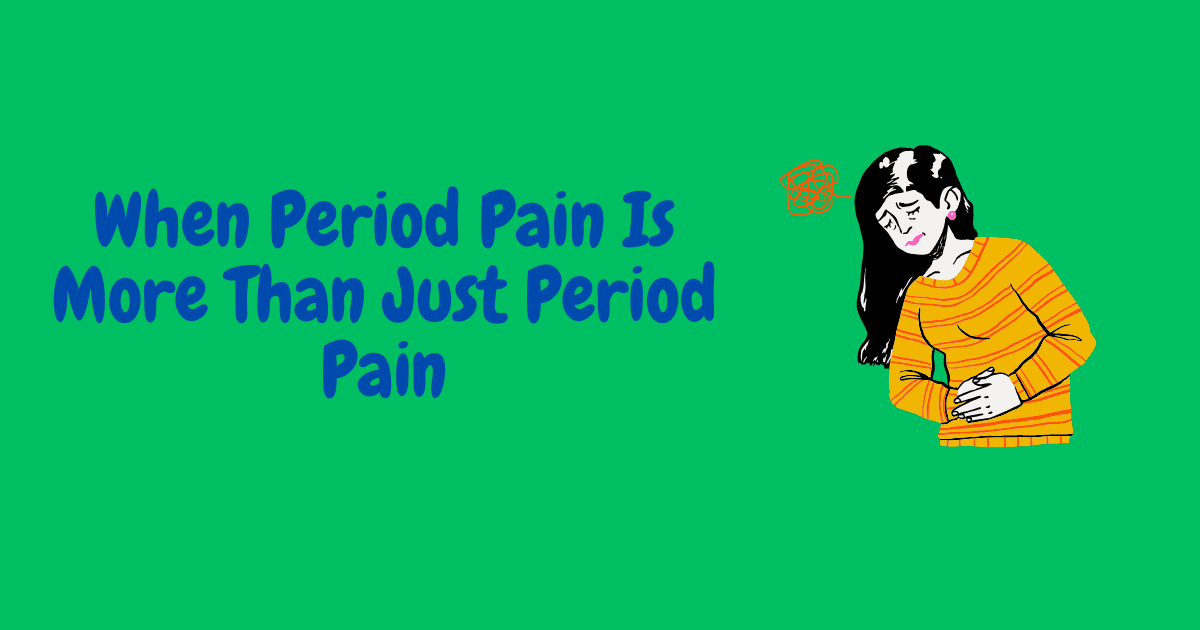
Leave a Reply